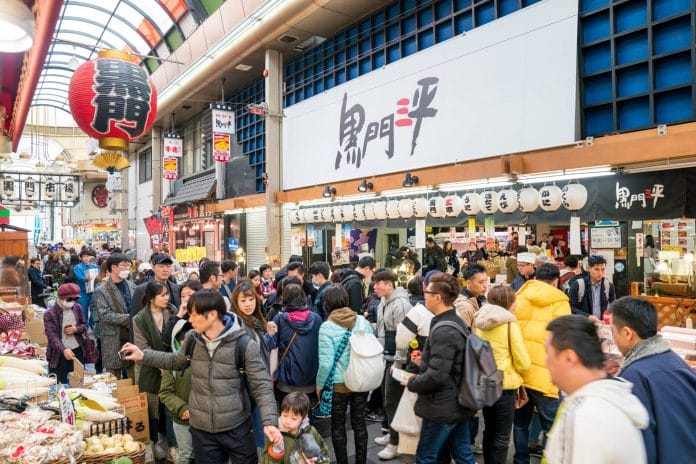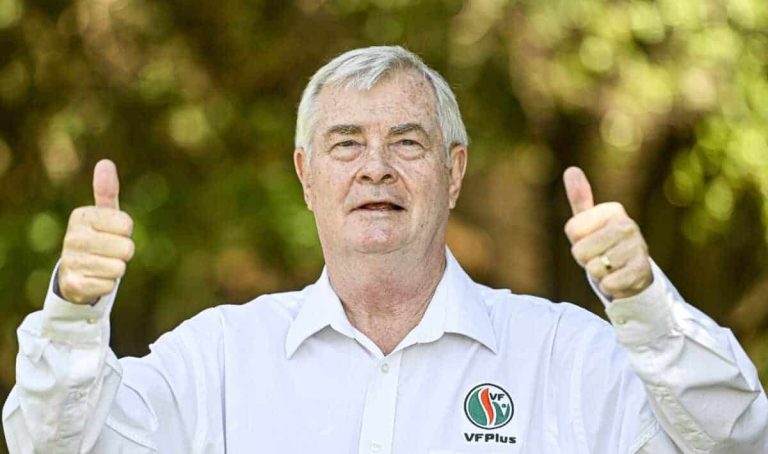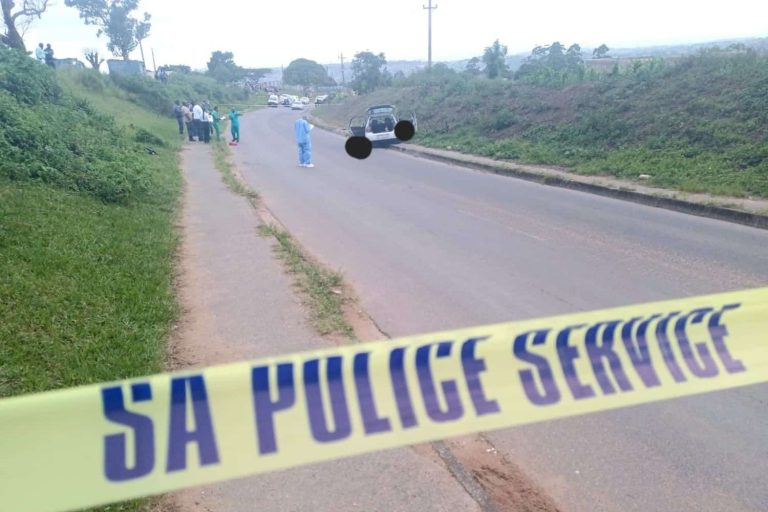
China has urged its citizens not to travel to Japan and has summoned Tokyo’s ambassador in Beijing following comments by Japanese Prime Minister Sanae Takaichi on the security implications of a potential Chinese attack on Taiwan.
The dispute has triggered a sharp escalation in rhetoric between the two countries, both of which filed formal diplomatic protests this week. The tensions were sparked when Takaichi told a parliamentary committee that any use of force around Taiwan involving “battleships and the use of force” could constitute a “survival-threatening situation” for Japan. Under Japan’s 2015 security law, this designation would allow Tokyo’s self defence forces to respond to an attack on allies.
Beijing condemned the remarks as “egregious,” while a separate comment by Xue Jian, China’s consul general in Osaka, intensified the row after he wrote online that “the dirty head that sticks itself in must be cut off.” Japan’s Chief Cabinet Secretary Minoru Kihara described the post as “highly inappropriate.” Both sides later lodged protests over each other’s statements.
Takaichi has refused to retract her comments, insisting they are “consistent with the government’s traditional position,” while acknowledging she would be “careful” about discussing specific scenarios in future.
China’s Foreign Ministry warned Japan to “stop playing with fire,” adding that it would be an “act of aggression” if Japan intervened in the Taiwan Strait. Chinese Vice Foreign Minister Sun Weidong summoned Japan’s ambassador on Thursday, calling Takaichi’s comments “extremely wrong and dangerous” and demanding a withdrawal, warning that “otherwise all consequences must be borne by Japan.”
Japan maintains its long standing position of seeking a peaceful resolution to Taiwan’s status. At a daily briefing, Kihara said Tokyo hoped for “a peaceful resolution of issues surrounding Taiwan through dialogue,” and urged Beijing to take “appropriate action” over Xue’s remarks.
Late on Friday, the Chinese embassy in Tokyo issued a travel advisory urging Chinese nationals to avoid visiting Japan “in the near future,” citing what it called “blatantly provocative remarks regarding Taiwan.”
The dispute touches on deep historical grievances dating back to the 1800s and the Second World War, which continue to shape relations. China’s Foreign Ministry referenced this history in a statement warning that Japan would “inevitably suffer heavy losses and pay a bitter price” if it intervened militarily in the Taiwan Strait.
Takaichi, a protégé of former prime minister Shinzo Abe, has long taken a hawkish stance on China. She supports stronger defence ties with the US and a significant rise in Japan’s defence spending. Beijing has accused her of supporting “Taiwan independence,” especially after she met a senior Taiwanese official during the Apec summit in South Korea earlier this month.
China considers Taiwan part of its territory and has not ruled out the use of force to seize it, a position that unsettles Taipei and its regional allies. Japan, like the US, has historically adopted strategic ambiguity about how it would respond to a Chinese invasion, aiming to deter Beijing while preserving economic ties.
Past comments from Japanese officials on Taiwan have triggered similar disputes. When then deputy prime minister Taro Aso said in 2021 that Japan would defend Taiwan alongside the US, Beijing demanded he “correct his mistakes.”
In the latest flare up, China again accused Japan of “gross interference” in its internal affairs. Foreign Ministry spokesperson Lin Jian told reporters: “Taiwan is China’s Taiwan,” warning that China would not “tolerate any foreign interference” and questioning whether Japan sought to challenge China’s “core interests” and “stop its reunification.”
Faridah Abdulkadiri



